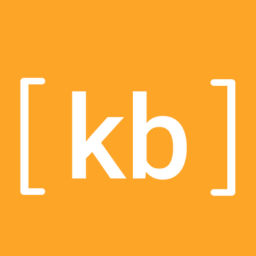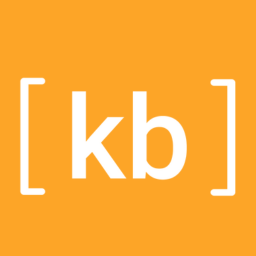You Don't Need A Ferrari To Plough The Field
Over-engineering threatens projects. Pragmatism and evidence-based planning save valuable time

There are people who want to create the best software in the world. This is great by definition. Nobody wants to make weak software, right? In principle, they have the best intentions but can unconsciously lead to over-engineering and creating complex solutions, especially where it won't pay off.
What we need are solutions tailored to our needs. If you want to plough a field, you don't buy a Ferrari for that purpose, right?
Such an approach is often based on the belief that we and the project must be prepared for all potential future requirements and changes. It's hard to disagree. The problem is that these needs and major changes may never materialize.
Trying to predict every edge case can be a real threat. And I mean here the loss of valuable project time and slowing down the project as a whole.
Only pragmatism and planning architecture and solutions based on premises and evidence will save you.

Check this out.



